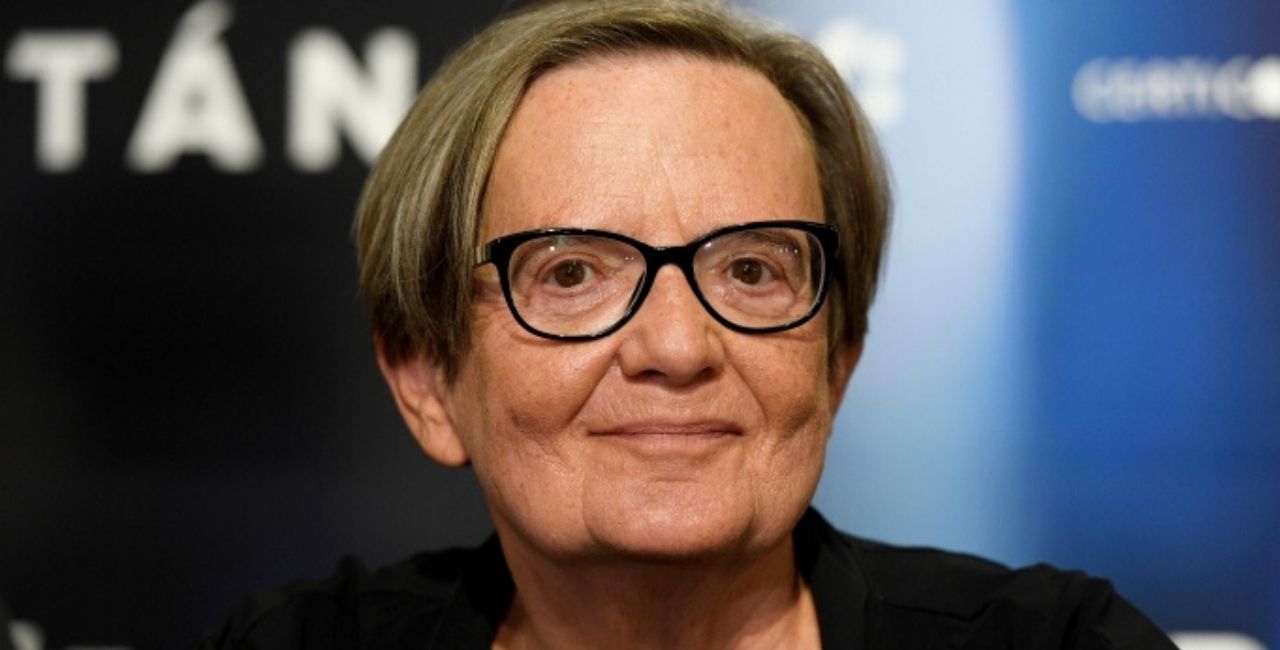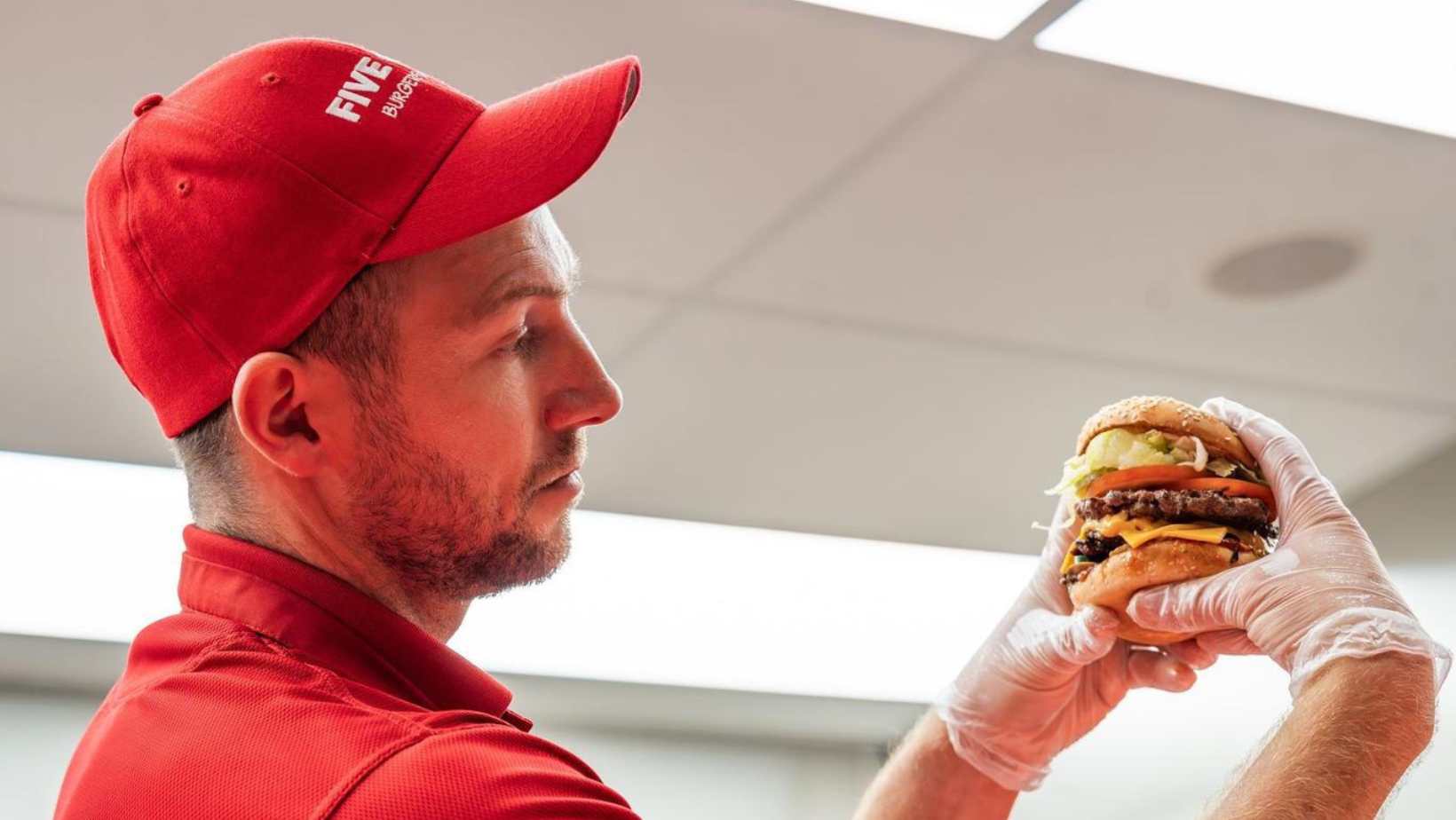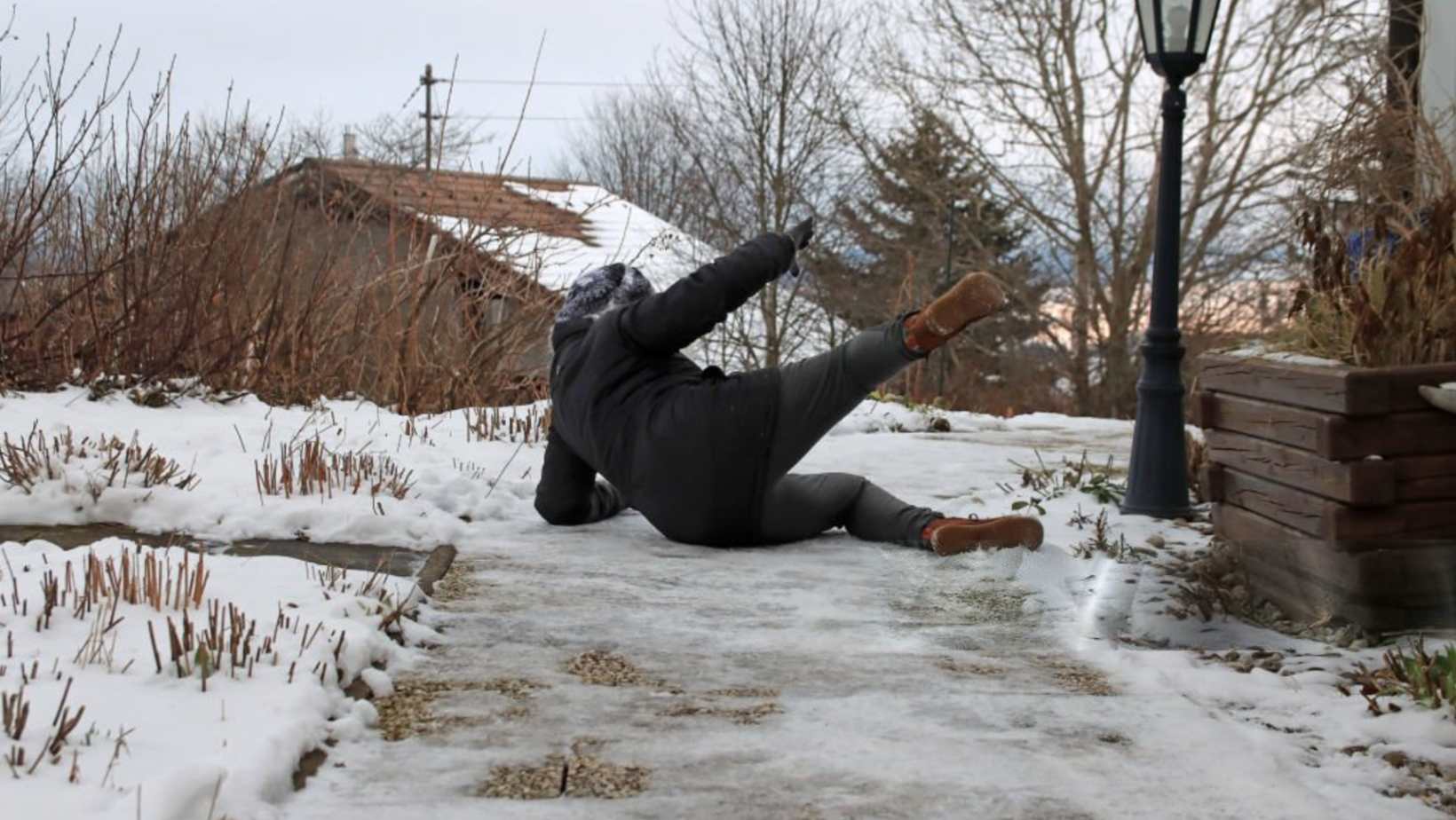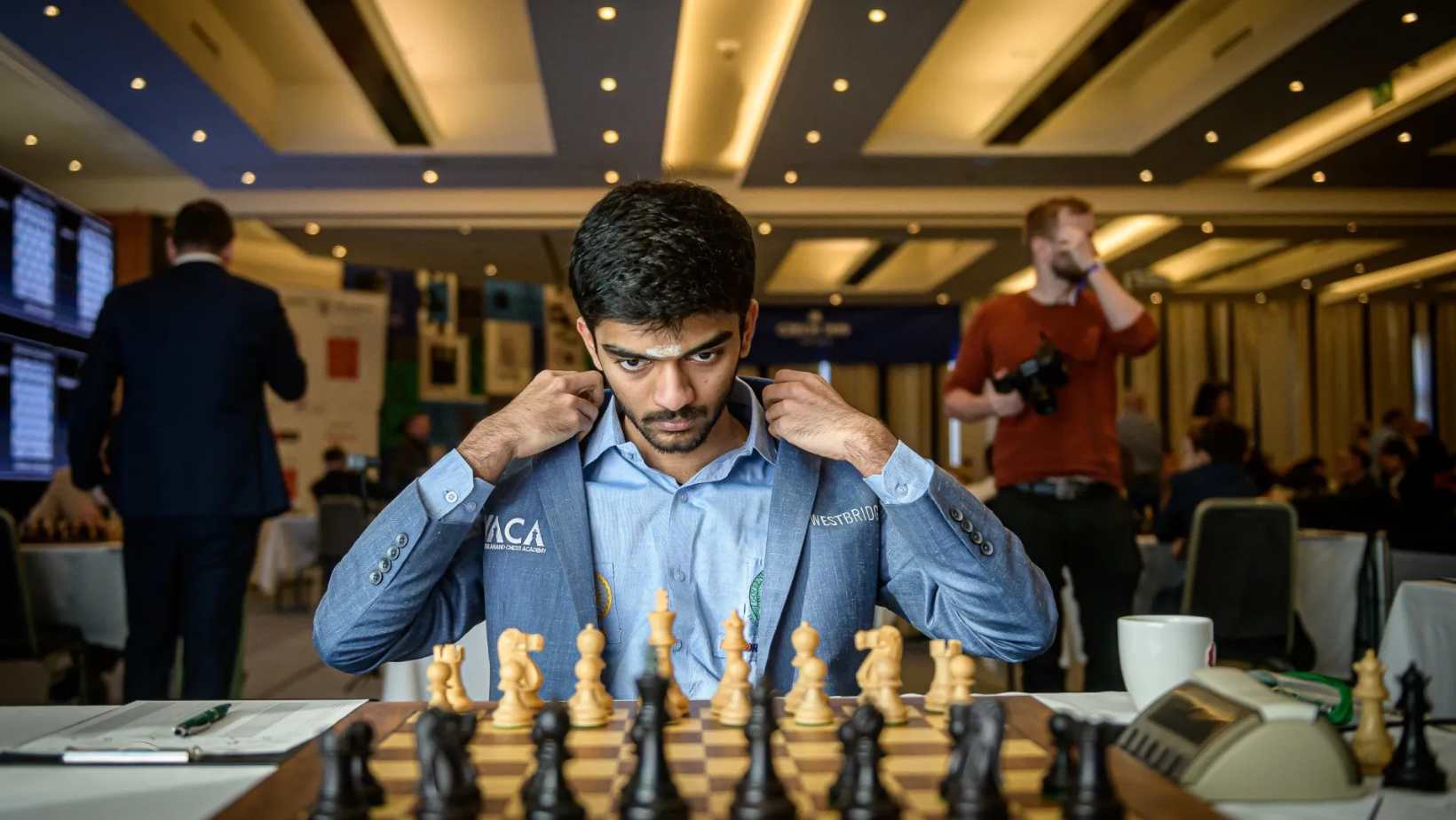The great director Agnieszka Holland is working on a film entitled Kafka and will be presented at the Berlinale co-production market next month.
The shortened in-person Berlin Film Festival (Feb. 10-16) has revealed a raft of high-profile shows that will participate in keenly anticipated annual fixture Berlinale Series.
Kafka will be “a dazzling kaleidoscopic mosaic of a film that dramatizes the famous writer’s life and imagination in a series of stand-alone vignettes that span Kafka’s life from his birth in pre-war Prague to his tragic death in 1924 in Berlin, to scenes from the future he prevised,” writes the Czech Film Center.
Agnieszka Holland
Holland was born in Warsaw in 1948, shortly after Stalin had replaced Hitler in Poland. She is the daughter of two journalists. Agnieszka began to draw and write plays when she was a sickly young girl.
When she was thirteen, her father was arrested as a spy by the K.G.B. He died during his interrogation. At the age of seventeen, she sent her plays and drawings to the Czech Film Academy, where they were accepted.
In Prague, she made her first film The Sin of God. In 1968, while attending school, she met her future husband. Because of her political activism, she was arrested and sentenced to solitary confinement for several weeks.
In 1971 Agnieszka returned to Warsaw. The theater scripts she wrote there were not well received by authorities. In spite of rejection, Holland and other artists of the period achieved great artistic creativity by satirizing the regime.
In the late 1970’s she began to work for the grand master of the Polish cinema, Andrzej Wajda. With Wajda’s influence, Polish authorities accepted Agnieszka’s work. One of her early films was entitled A Woman Alone. In 1981, while she was promoting her film in Sweden, martial law was declared in Poland. Holland was warned not to return to Poland.
Instead, she fled to Paris, where she was cut off from both her husband and her nine-year-old daughter. It was eight months before she saw her child again. Her husband remained in Poland. Agnieszka rebuilt her career in Paris by translating movies and writing for French T.V.
In 1985 she completed her film Angry Harvest, which was nominated for an Academy Award. She made a better-known film in 1991, Europa, Europa, which was named the best foreign film by the National Board of Review.
Her film Olivier, Olivier was made in France in 1992. This was the account of a young boy who disappears from his family in a small French town. Later Agnieszka was asked by Warner Brothers Studio to write the screenplay for Frances Hodgson Burnetts’s story The Secret Garden.
In Darkness (2012) was nominated for the Oscar of Best Foreign Language Film.
In 2020, Holland was elected as the head of the European Film Academy (EFA), taking over from German filmmaker Wim Wenders who had been president of the prestigious institution since 1996.
-
NEWSLETTER
Subscribe for our daily news










